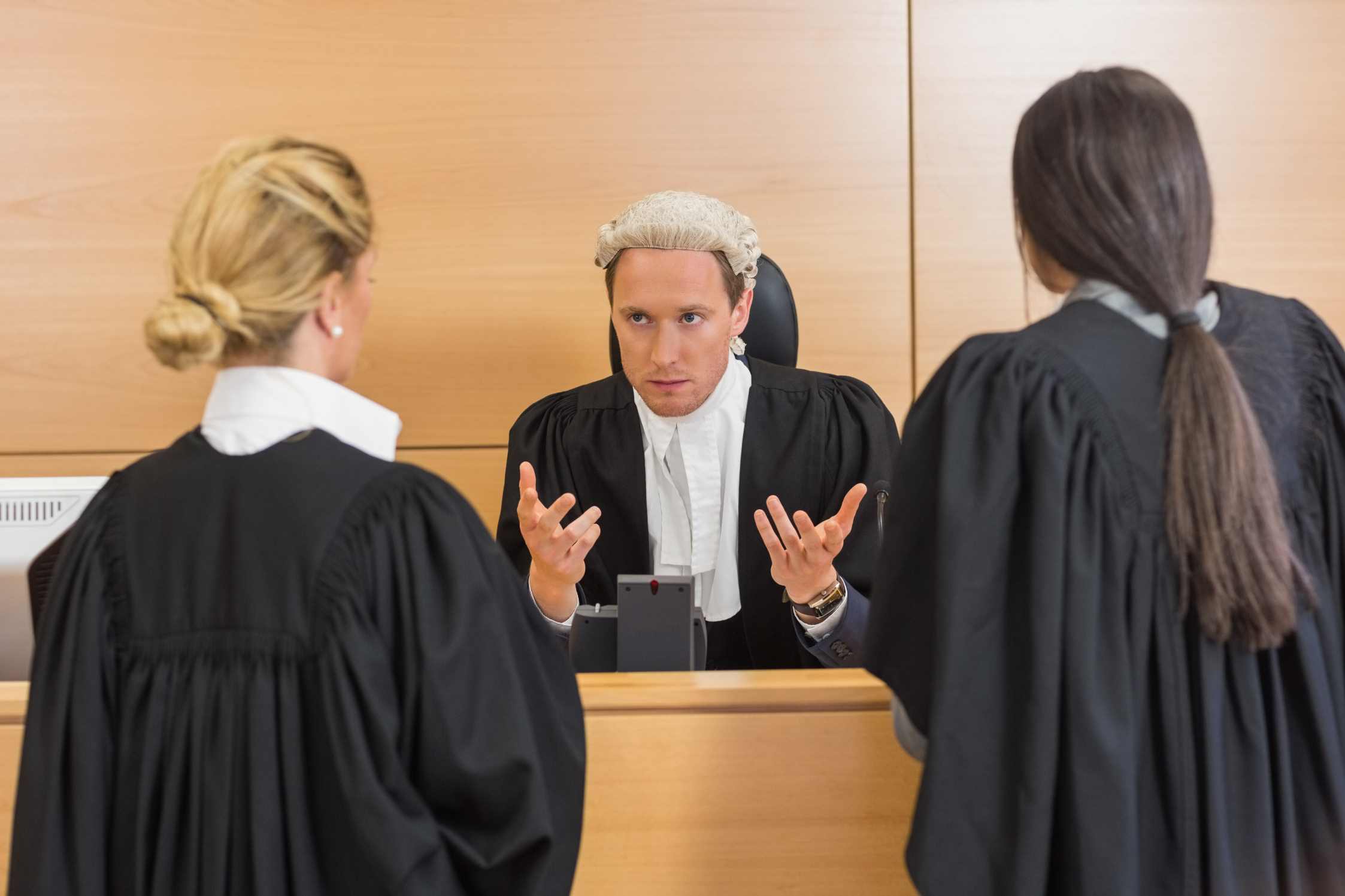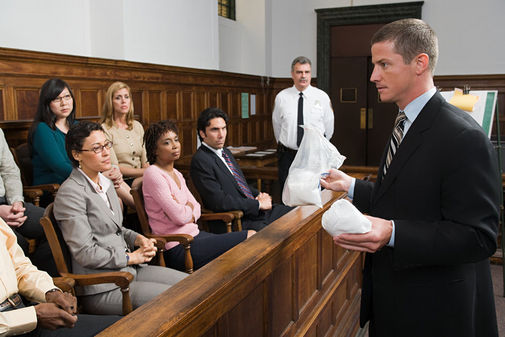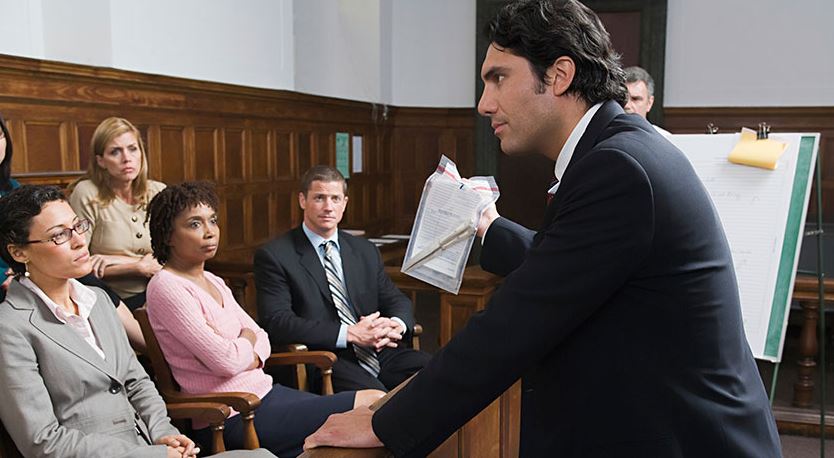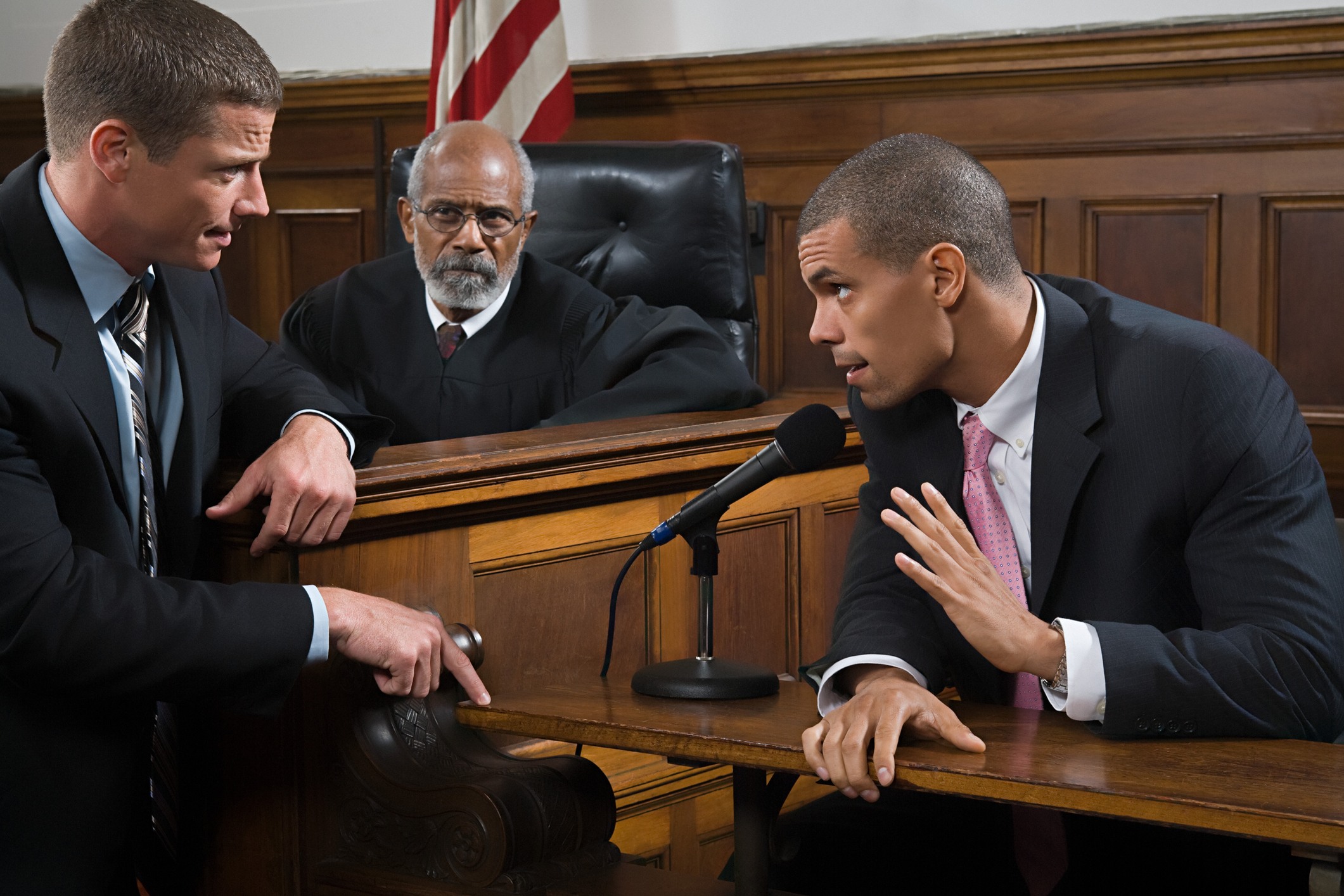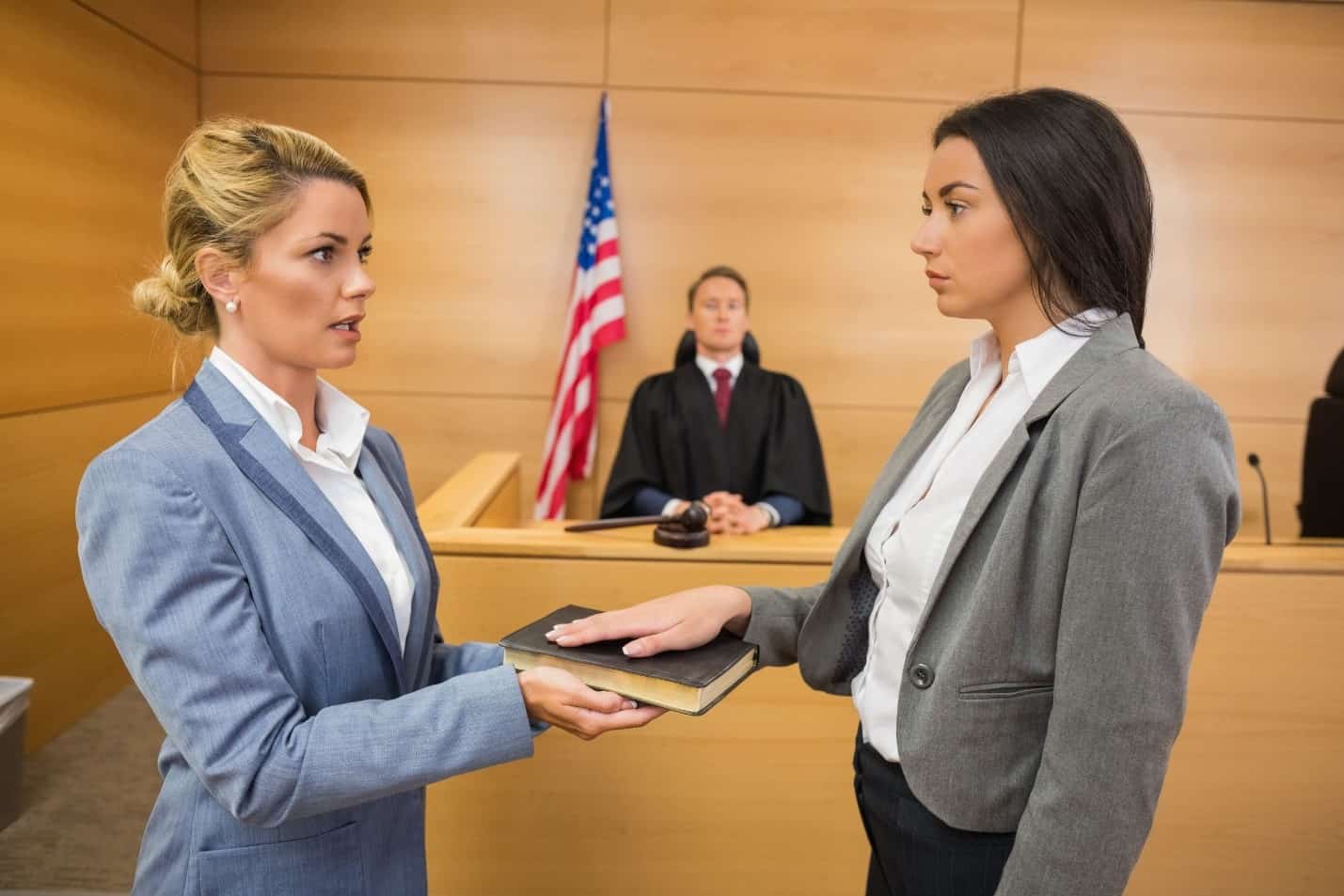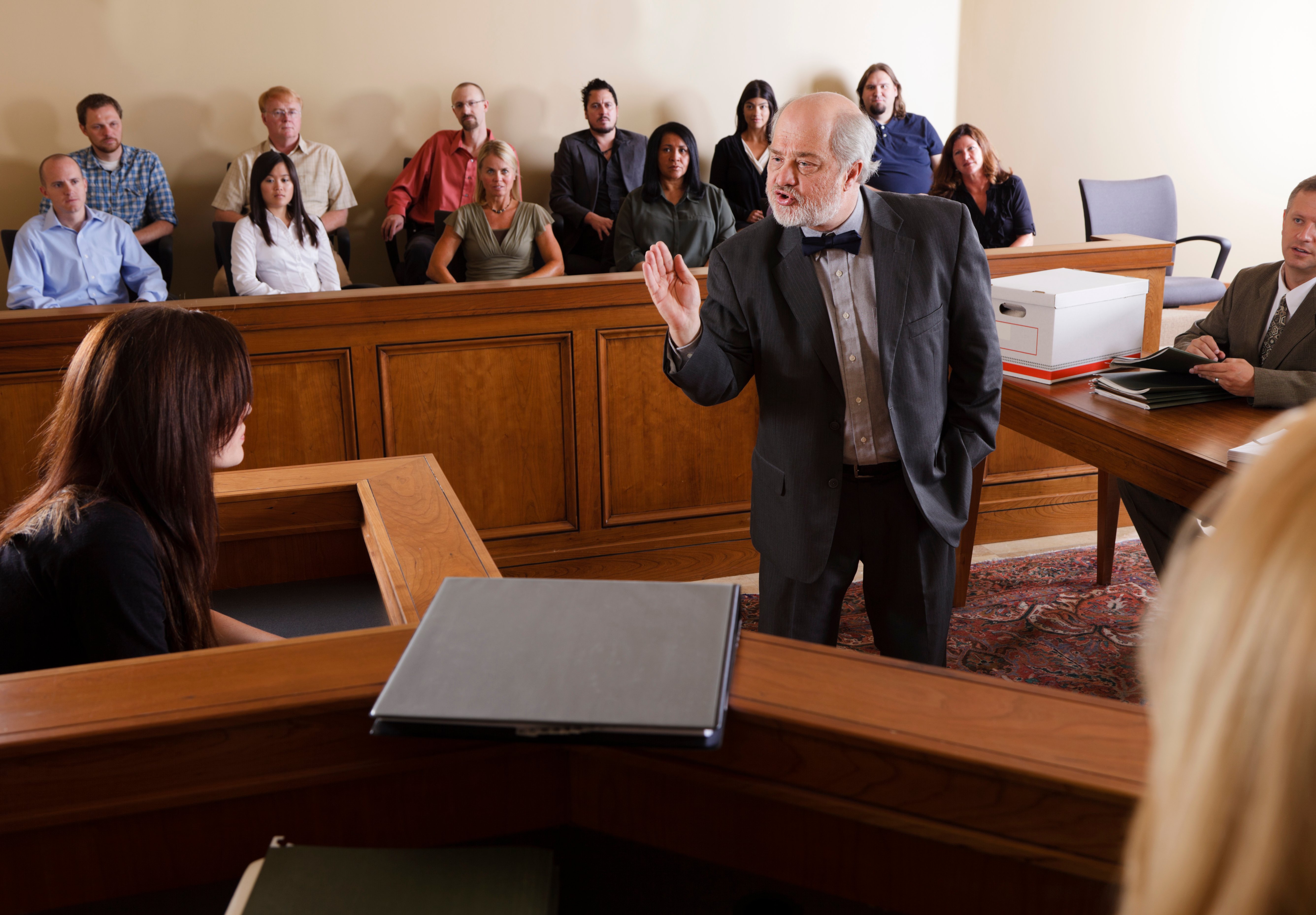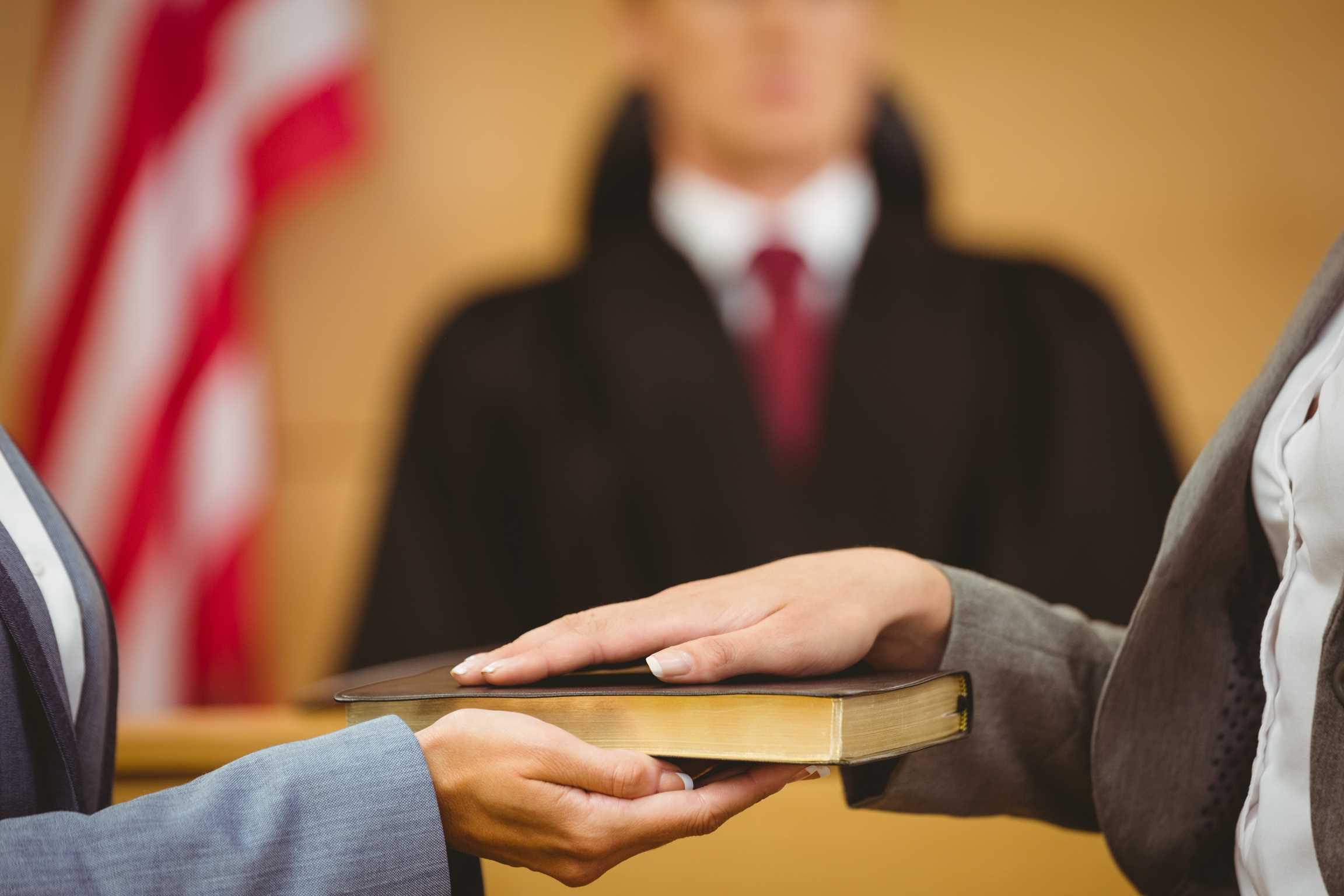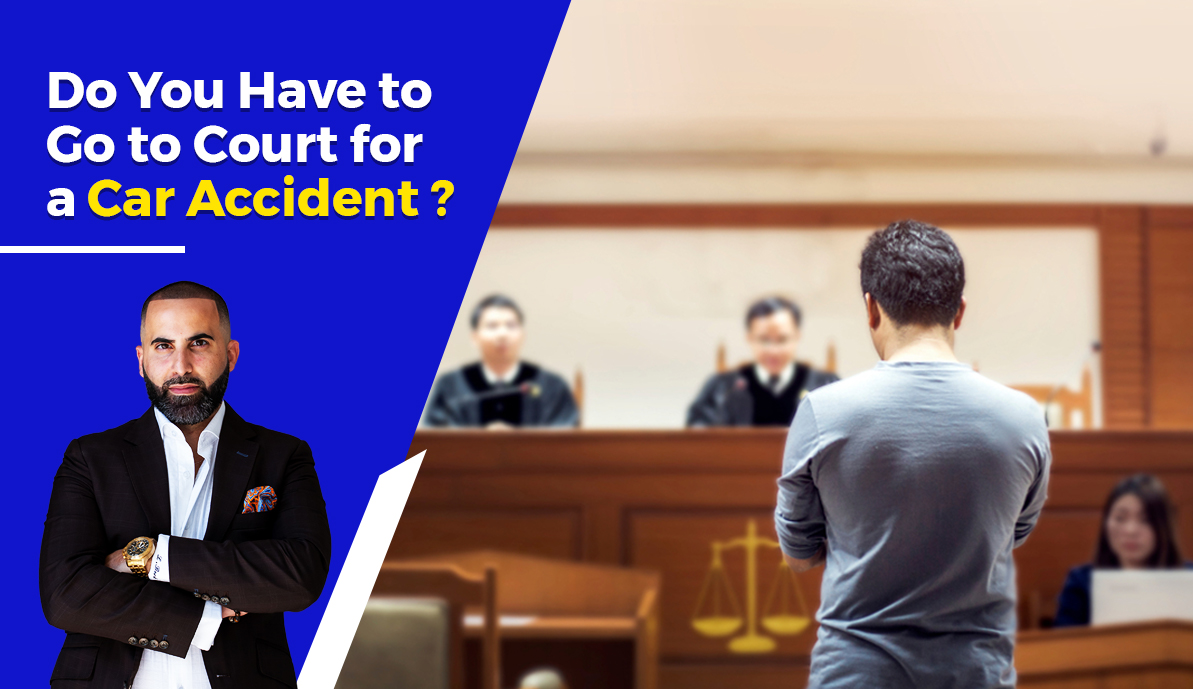Do You Have To Have A Lawyer In Court
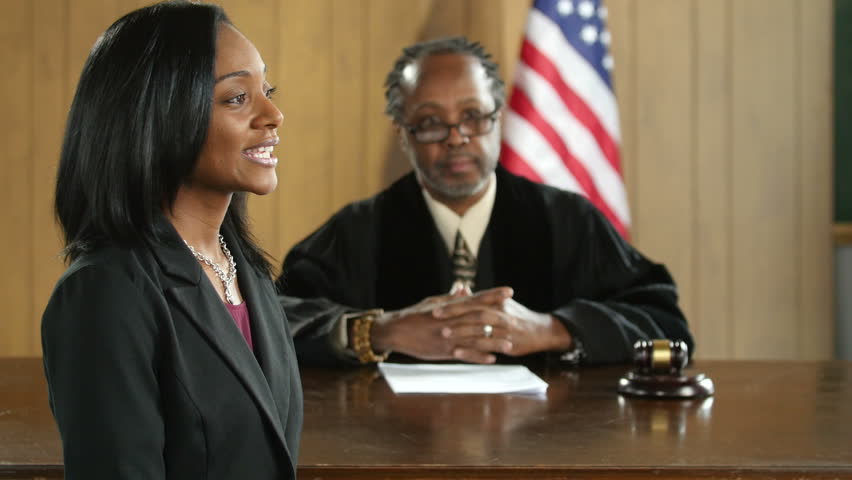
Facing court alone? The question of needing a lawyer isn't always a simple yes or no, and the answer could drastically impact your case.
This article cuts through legal jargon to deliver the essential facts: understanding your rights and the potential consequences of self-representation.
Your Right to Self-Representation
The Sixth Amendment of the U.S. Constitution guarantees the right to legal counsel in criminal cases. Crucially, it also implies the right to self-representation, known as proceeding pro se.
This means you can legally represent yourself, acting as your own lawyer, in both federal and state courts. However, exercising this right demands careful consideration.
Weighing the Risks
Self-representation is not without serious risks. The legal system is complex, filled with intricate rules of evidence and procedure.
A lawyer possesses the knowledge and experience to navigate these complexities, build a strong defense, and advocate effectively on your behalf. According to a 2018 study by the National Center for State Courts, pro se litigants often face significant disadvantages compared to those with legal representation.
Criminal vs. Civil Cases
The stakes are generally higher in criminal cases, where the potential consequences include jail time, fines, and a criminal record. In these cases, the right to a court-appointed attorney exists if you cannot afford one.
Civil cases, involving disputes over money, property, or contracts, don't typically offer the same right to free counsel. However, the lack of legal expertise can still severely hinder your chances of success.
When a Lawyer is Crucial
Certain situations virtually demand legal representation. Complex criminal charges, like those involving multiple counts or significant penalties, are best handled with expert guidance.
Similarly, intricate civil disputes, such as those involving intellectual property, corporate law, or substantial financial assets, require specialized knowledge. Cases involving child custody or family law matters can be emotionally charged and legally complex, making legal counsel essential.
"A person who represents himself has a fool for a client," - a saying often attributed to Abraham Lincoln.
The Court's Role
Judges have a responsibility to ensure a fair trial, even when a defendant chooses to represent themselves. They may explain basic legal procedures and offer limited guidance. But they cannot provide legal advice or act as your lawyer.
A judge might also assess your competency to self-represent. If they believe you are unable to understand the proceedings or make informed decisions, they may appoint a lawyer for you, even against your wishes.
Finding Legal Assistance
Even if you cannot afford a private attorney, resources are available. Legal aid societies, pro bono programs, and public defender offices offer free or low-cost legal services to eligible individuals.
Law schools often have clinics where students, under the supervision of experienced attorneys, provide legal assistance. The American Bar Association provides resources for finding legal help in your area.
The Bottom Line
While you have the right to represent yourself in court, it's a decision that should not be taken lightly. Carefully assess the complexity of your case, your understanding of the law, and the potential consequences of losing.
Seeking at least initial consultation with a lawyer is always advisable, even if you ultimately choose to proceed pro se. Knowing your options and understanding the risks is paramount to ensuring a fair outcome.
